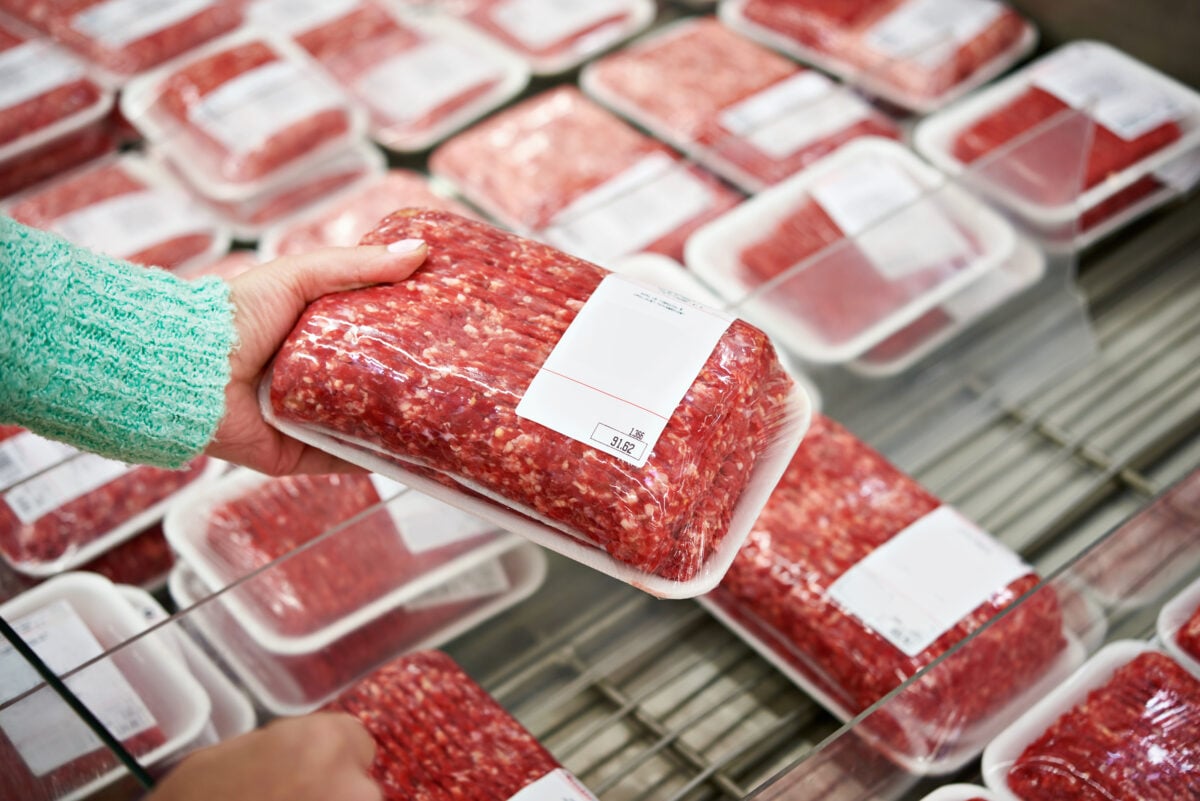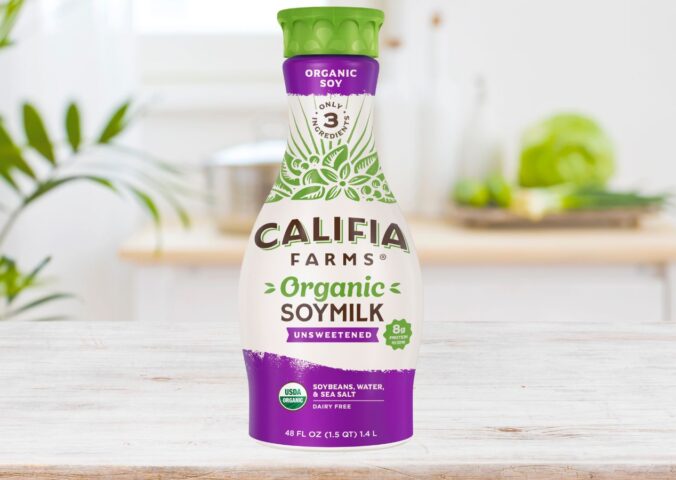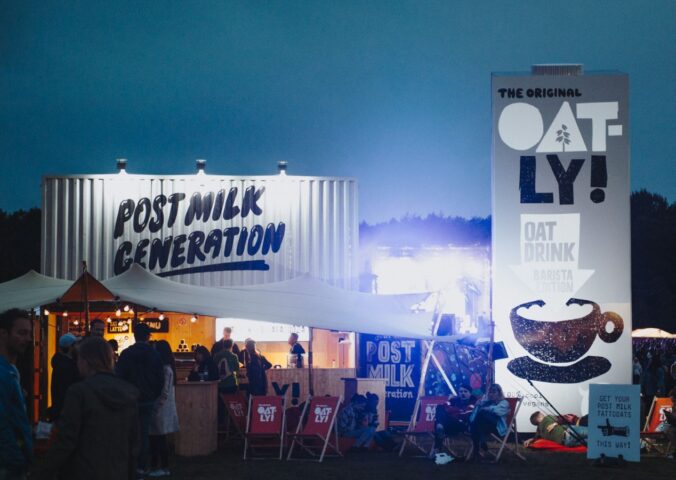Governor Greg Abbott signed a ban on cultivated meat into law earlier this week, making Texas the seventh US state to restrict its sale.
Senate Bill 261 is an amendment to the existing Texas Health and Safety Code and will prohibit the sale of “cell-cultured protein” for human consumption. The bill defines cell-cultured protein as “a food product derived from harvesting animal cells and artificially replicating those cells in a growth medium to produce tissue.”
Despite banning all cultured meat sales in the state, SB261 also contains strict specifications around food labelling. According to the bill, all cultivated proteins must include a prominent qualifier such as “cell-cultured” or “lab-grown” on packaging to “clearly communicate” the origins of the product.
The Texas and Southwestern Cattle Raisers Association (TSCRA) welcomed the intervention and wrote that it will prevent consumers from “being a science experiment.” TSCRA, which represents 28,000 beef producers managing four million cattle, also described SB261 as a push back against “an agenda by certain radical groups and companies who seek to end traditional animal agriculture.”
The new law will take effect from September 1, 2025, to September 7, 2027, unless extended, and will carry civil and criminal penalties. In addition to Texas, Florida, South Dakota, Alabama, Nebraska, Mississippi, and Indiana have all restricted cultivated meat sales.
Read more: Most Americans Opposed To Cultivated Meat Ban After Tasting It, Says Study
‘We don’t ban foods in America’

The Good Food Institute describes cultivated protein as “genuine animal meat” produced by growing tissue from real animal cells in “a safe and controlled environment.” It is nutritionally comparable to farmed meat, and its efficiency potentially means that more people could be fed humanely and sustainably.
Globally, the meat industry accounts for almost 60 percent of greenhouse gas emissions (GHGs), and beef is the most high-emitting, resource-intensive meat of all. The US beef industry emits nearly 258 million metric tons of GHGs per year, with Texas – the number one beef-farming state – responsible for nearly 15 percent of national production and a significant portion of those emissions.
Before Florida banned the sale of cultivated meat last year, Californian food tech company UPSIDE Foods hosted a tasting event for its cultivated chicken. A study based on the event found that most Americans were opposed to banning cultivated meat after trying it, with many people also perceiving it as a bipartisan issue of consumer freedom, identity, and national values.
“Banning cultivated meat sets a really terrible precedent in this country,” said one attendee. “Completely based on scare tactics and political nonsense. We don’t ban foods in America. That’s not who we are, that’s just not what we do. This isn’t Four Loko. There’s no science behind the ban. It’s nonsense.”
Read more: UK Launches Pioneering Research Programme For Cell-Cultivated Products






